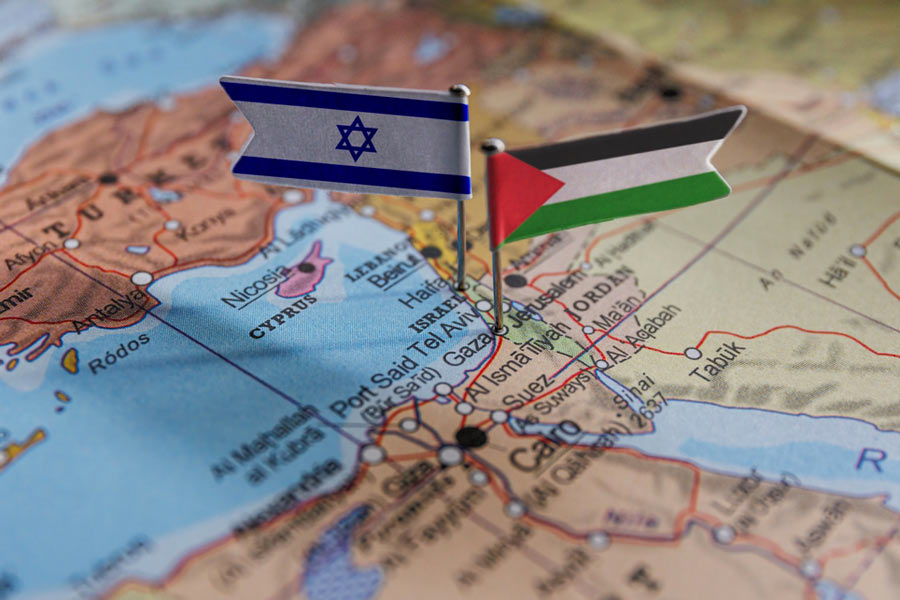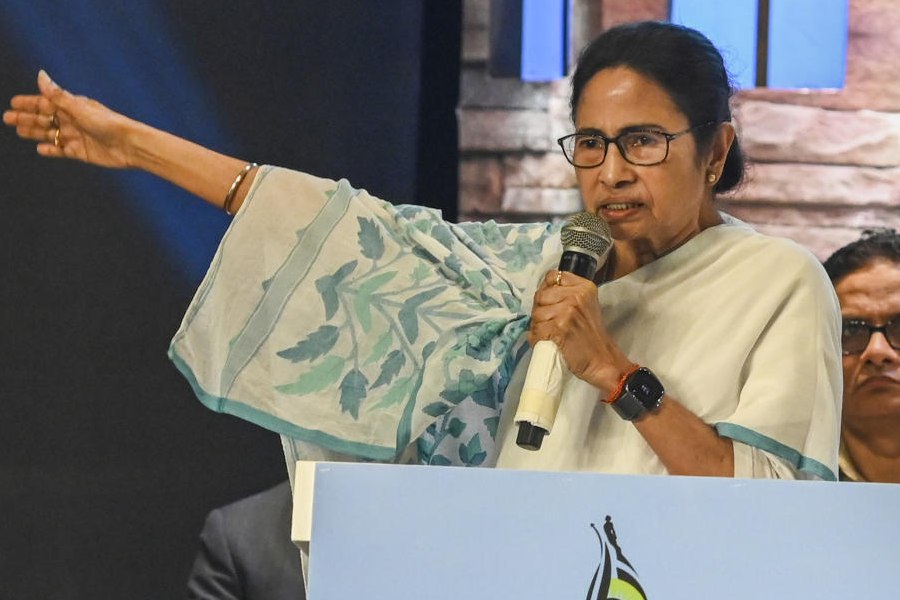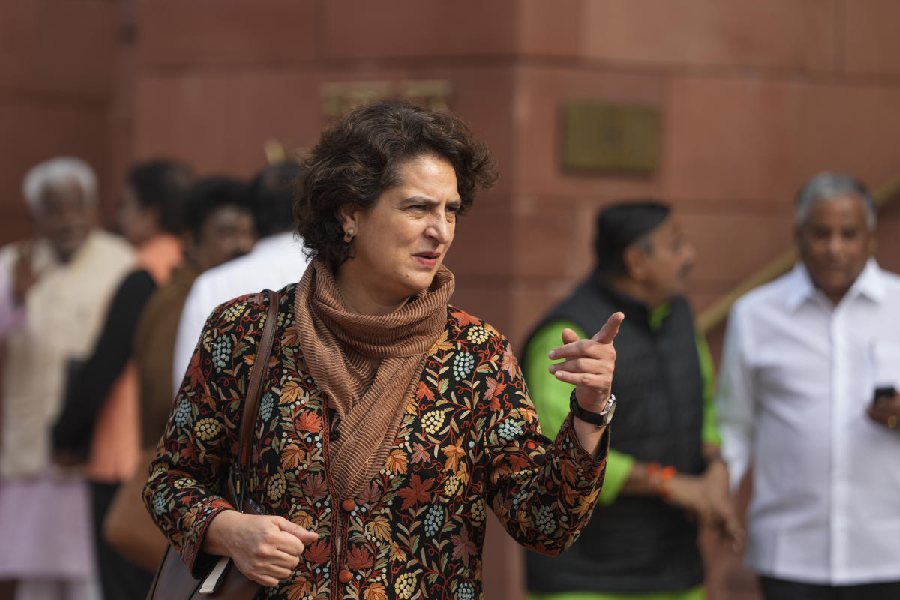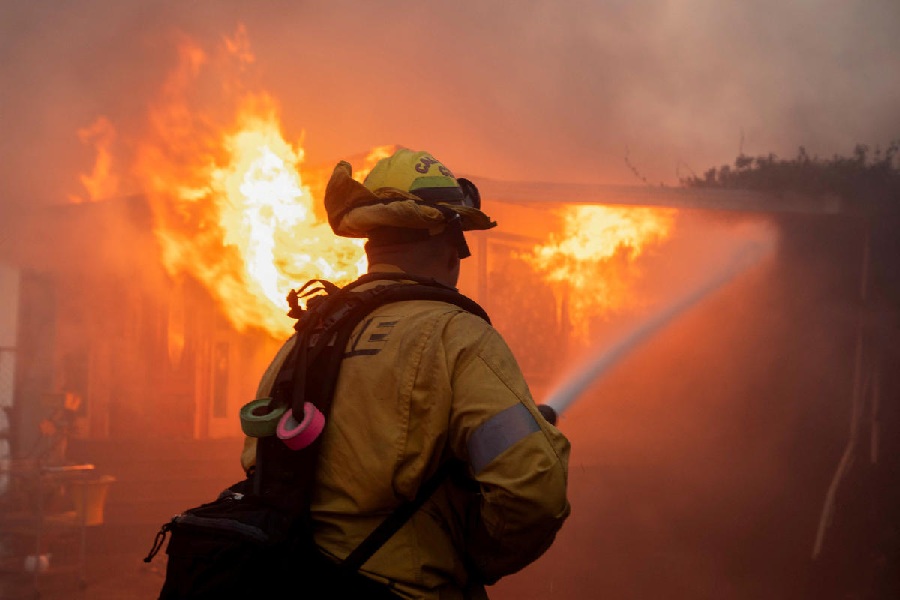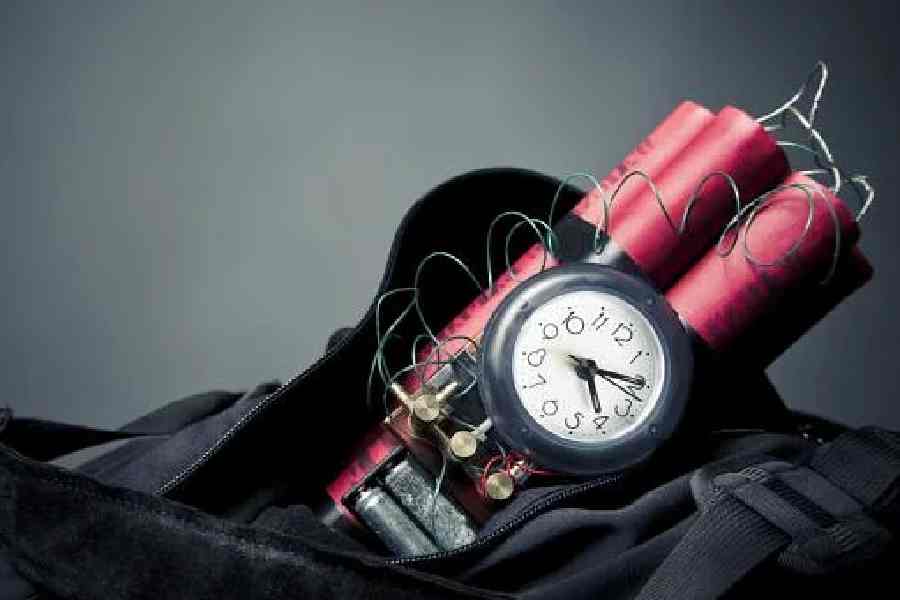The Israeli military said Friday that it has dismissed two officers and reprimanded three others for their roles in drone strikes in Gaza that killed seven aid workers on a food-delivery mission, saying they had mishandled critical information and violated the army's rules of engagement.
The findings of a retired general's investigation into the Monday killings marked an embarrassing admission by Israel, which faces growing accusations from key allies, including the US, of not doing enough to protect Gaza's civilians from its war with Hamas.
The findings are likely to renew scepticism over the Israeli military's decision-making. Palestinians, aid groups and human rights organisations have repeatedly accused Israeli forces of firing recklessly at civilians throughout the conflict — a charge Israel denies.
“It's a tragedy,” the military's spokesman, Rear Adm. Daniel Hagari, told reporters. “It's a serious event that we are responsible for and it shouldn't have happened and we will make sure that it won't happen again.”
With pressure mounting on Israel to hold itself accountable, Hagari and other officials late Thursday shared with reporters the results of the military's uncommonly speedy and detailed investigation.
It was unclear whether the punishments and the apology would calm an international outcry over the deaths of the World Central Kitchen workers or reassure international aid groups that it was safe to resume operations in Gaza, where nearly a third of the population is on the brink of starvation.
According to what spokespeople said were the Israeli army's rules, targets must be visually identified as threats for multiple reasons before they can be hit. But the investigation determined that a colonel had authorised the series of deadly drone strikes on the convoy based on one major's observation — from grainy drone-camera footage — that someone in the convoy was armed. That observation turned out to be untrue, military officials said.
The army said the colonel and the major were dismissed, while three other officers were reprimanded. It said the results of its investigation were turned over to the military's advocate general, who will decide whether the officers or anyone else involved in the killings should receive further punishment or be prosecuted.
The killings were condemned by Israel's closest allies and renewed criticism of Israel's conduct in the nearly 6-month-old war with Hamas.
The aid workers were three British citizens, a Polish citizen, an Australian and a Canadian American dual citizen, all of whom worked for World Central Kitchen, the international charity founded by celebrity chef José Andrés. Their Palestinian driver also was killed.
The investigation found two major areas of wrongdoing.
It faulted officers for failing to read messages alerting troops that cars, not aid trucks, would carry workers from the charity away from the warehouse where aid was distributed. As a result, the cars that were targeted were misidentified as transporting militants.
The army also faulted a major who identified the strike target and a colonel who approved the strike for acting with insufficient information.
The army said the order was given after one of the passengers inside a car was identified as a gunman. It said troops became suspicious because a gunman had been seen on the roof of one of the delivery trucks on the way to the warehouse. The army showed reporters footage of the gunman firing his weapon while riding atop one of the trucks.
After the aid was dropped off at a warehouse, an officer believed he had spotted a gunman in one of the cars. The passenger, it turned out, was not carrying a weapon — the military said it's possible he was just carrying a bag.
The army said it initially hit one car. As people scrambled away into a second car, it hit that vehicle as well. It did the same thing when survivors scrambled into a third car. Army officials claimed that drone operators could not see that the cars were marked with the words “World Central Kitchen” because it was nighttime.
The army could not say exactly where the communication about the convoy's plans had broken down.
The army declined to answer questions about whether similar violations of rules of engagement have taken place during the war — in which Palestinians, aid workers and international rights groups have repeatedly accused the army of recklessly striking civilians.
The investigation was headed by Yoav Har-Even, a retired general.
The seven who were killed were distributing food that had been brought into Gaza through a newly established maritime corridor. World Central Kitchen said it had coordinated its movements with the military, and that the vehicles were marked with the organization's logo.
“It was a direct attack on clearly marked vehicles whose movements were known by” the Israeli military, Andrés said on Wednesday.
More than 220 humanitarian workers have been killed in the conflict, according to the U.N.
“Let's be very clear. This is tragic, but it is not an anomaly,” Scott Paul, of the humanitarian group Oxfam, said Thursday in a briefing with other relief organizations before the results of Israel's investigation were released. “The killing of aid workers in Gaza has been systemic.”

